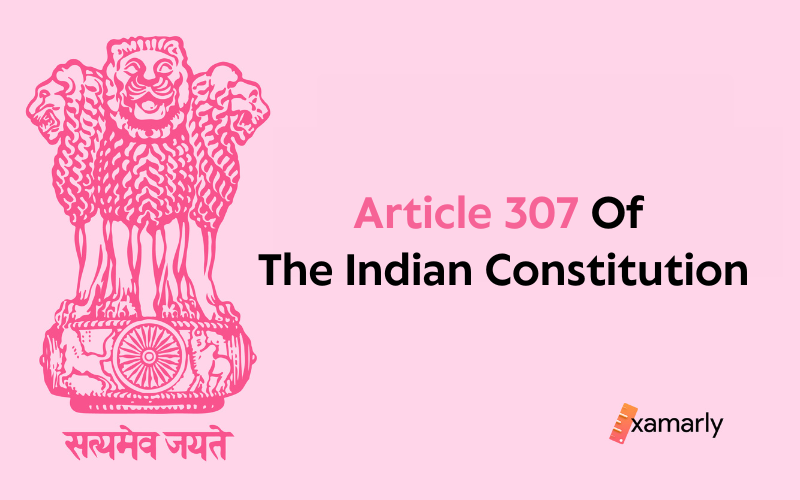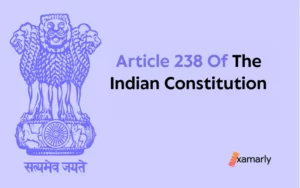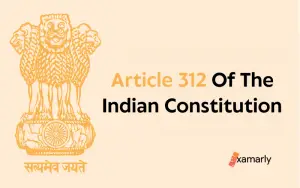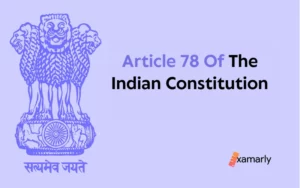Article 307 of the Indian Constitution talks about the appointment of an authority to carry out the purposes that are mentioned in Article 301 of the Indian Constitution and Article 302 of the Indian Constitution.
Let us dig deep into Article 307 of the Indian Constitution and get a firm hold on all the concepts present in it.
Article 307 Of The Indian Constitution – In Detail
Let us break down each and every clause present in the Article
Clause – As it is & Explained
307. Appointment of authority for carrying out the purposes of Articles 301 to 304 Parliament may by law appoint such authority as it considers appropriate for carrying out the purposes of Articles 301, 302, 303 and 304, and confer on the authority so appointed such powers and such duties as it thinks necessary PART XIV SERVICES UNDER THE UNION AND THE STATES CHAPTER I SERVICES
The clause present in this Article says that Parliament has the authority to lawfully appoint an authority to regulate and carry out all the purposes that are mentioned in the Article 301 of the Indian Constitution to Article 304 of the Indian Constitution.
It also says that Parliament if feels mandatory can grant powers and shall entrust with all the related duties the authority it has appointed to fulfil the purpose mentioned in the above paragraph.
Summing Up
We can conclude from Article 307 of the Indian Constitution empowers the Parliament of India to appoint an authority for the purpose of carrying out the provisions of Articles 301 to 304 of the Constitution.
These articles deal with the provisions relating to trade, commerce, and intercourse within the territory of India.
The authority appointed by the Parliament may be conferred with such powers and duties as the Parliament considers necessary for the effective implementation of these provisions.
The purpose of this article is to provide a mechanism for the enforcement of the provisions of Articles 301 and 304 of the Indian Constitution.






